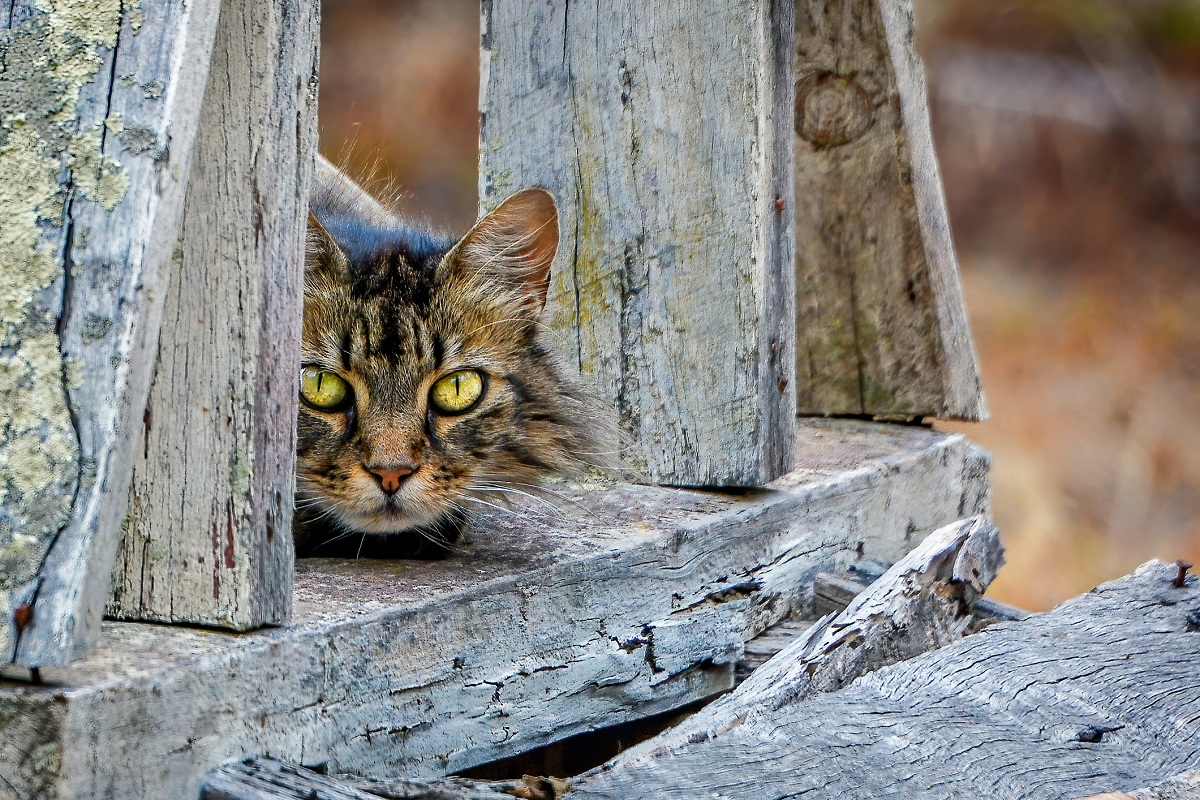The RSPCA has urged the Federal Government to reconsider including domestic cats in its Feral Cat Threat Abatement Plan.
The group has welcomed the Federal Government’s investment in new technologies and research to humanely manage feral cats across Australia, but warns that including domestic cats in its plan, could put thousands of cats living alongside humans at risk.
Dr Suzie Fowler, Chief Science Officer at RSPCA Australia, expressed concern over the government’s approach, which now classifies cats into just two categories: ‘feral’ and ‘pet’.
Dr Fowler highlighted that semi-owned and unowned cats – those with some reliance on people – would be treated the same as feral cats under this plan, despite their connection to humans.
“This could lead to increased strain on organisations responsible for managing stray cats and, at worst, result in more cats being killed.”
She added that this classification could also hinder efforts to adopt or rehome these cats.
Dr Fowler also criticised the language used by the government, cautioning that “vilifying” cats and declaring a “war” on them shifts the focus from protecting native wildlife to killing as many cats as possible.
The RSPCA is calling for a more nuanced approach to cat management, including community engagement, desexing, microchipping, and encouraging responsible pet ownership. Dr Fowler emphasised that these methods are far more effective than oversimplified solutions like killing or confining cats.
The RSPCA continues to push for domestic cats to be excluded from the Feral Cat Threat Abatement Plan and urges investment in specific strategies tailored to semi-owned and unowned cats.
To stay up to date on the latest industry headlines, sign up to the Pet Industry News e-newsletter.

